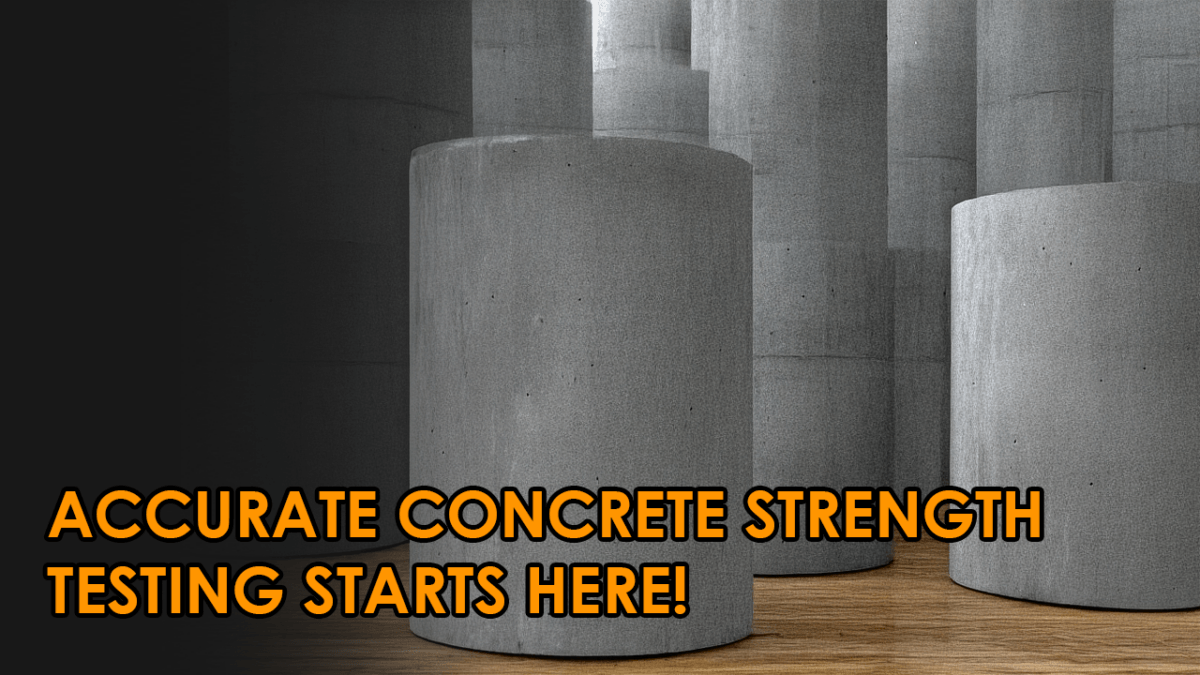Blog
How to Select the Right Concrete Compression Testing Machine
How to Select the Right Concrete Compression Testing Machine
Introduction to Concrete Compression Testing Machines
A Concrete Compression Testing Machine is essential for evaluating the strength and durability of concrete in construction projects. Choosing the right machine ensures accurate results, compliance with industry standards, and long-term reliability. Whether you’re a materials testing lab, construction company, or research institution, selecting the best equipment can significantly impact the quality control process.
This guide will help you understand the key factors to consider when selecting a Concrete Compression Testing Machine, ensuring you make the best investment for your needs.
Why is Concrete Compression Testing Important?
Concrete compression testing is a fundamental procedure to determine the load-bearing capacity of concrete samples. This test helps:
- Ensure Structural Integrity: Preventing failures in buildings, bridges, and infrastructure.
- Meet Industry Standards: Compliance with ASTM C39, EN 12390-4, and ISO 7500-1.
- Optimize Material Mixes: Confirming that the concrete mix design meets performance requirements.
- Improve Quality Control: Identifying weak materials before they are used in construction.
Key Factors to Consider When Choosing a Concrete Compression Testing Machine
1. Load Capacity
The first factor to consider is the load capacity of the machine, which depends on the types of specimens you will test. Common options include:
- 1500 kN (150 Ton): Suitable for smaller concrete cubes and cylinders.
- 2000-3000 kN (200-300 Ton): Ideal for standard construction materials.
- 5000 kN (500 Ton) and above: Best for high-strength concrete and special testing applications.
2. Accuracy and Compliance with Standards
To ensure reliable results, the machine should comply with international standards such as:
- ASTM C39 / AASHTO T22: Standard for concrete compressive strength testing.
- EN 12390-4: European standard for compression testing machines.
- ISO 7500-1: Calibration requirements for force-measuring systems.
Machines with high-precision load cells and automatic calibration systems offer greater accuracy.
3. Manual vs. Automatic Operation
- Manual Compression Machines: Require an operator to control the load application.
- Semi-Automatic Machines: Offer improved control but still need manual intervention.
- Fully Automatic Machines: Provide the highest level of precision, repeatability, and ease of use with automatic loading and data recording.
4. Frame and Build Quality
- High-Rigidity Steel or Cast Iron Frames: Reduce deflection under high loads.
- Robust Hydraulic System: Ensures smooth force application.
- Corrosion-Resistant Components: Increase the machine’s lifespan.
5. Software and Data Logging
Modern Concrete Compression Testing Machines offer advanced digital interfaces with features like:
- Real-time Data Display
- Automated Test Recording and Reports
- USB or Cloud Connectivity for Data Storage
- Graphical Analysis for Load vs. Deformation
These features improve efficiency and reduce human error.
Applications of Concrete Compression Testing Machines
- Construction Quality Control: Ensuring concrete meets strength requirements.
- Material Research and Development: Testing new concrete formulations.
- Precast Concrete Manufacturing: Verifying product consistency.
- University and Engineering Labs: Training students in material testing procedures.
- Infrastructure Projects: Assessing concrete performance for roads, bridges, and buildings.
Why Choose Teur Pro Group for Concrete Compression Testing Machines?
Teur Pro Group offers high-performance Concrete Compression Testing Machines, providing:
- Certified and Compliant Equipment: Meeting global testing standards.
- Fully Automatic and Manual Options: Tailored for various industry needs.
- Durable and Reliable Build Quality: Designed for long-term use.
- Advanced Digital Features: Real-time data logging and test automation.
- Comprehensive Technical Support and Calibration Services: Ensuring machine accuracy and longevity.
Conclusion
Selecting the right Concrete Compression Testing Machine is crucial for ensuring accuracy, efficiency, and compliance in material testing. By considering load capacity, accuracy, automation level, and data management features, you can choose the best machine for your needs. Investing in a high-quality compression tester enhances quality control, prevents structural failures, and ensures regulatory compliance.
Contact us today to learn more about our equipment and the services we offer! Teur Pro Group Contact
Follow us on LinkedIn for more! Teur Pro Group LinkedIn

